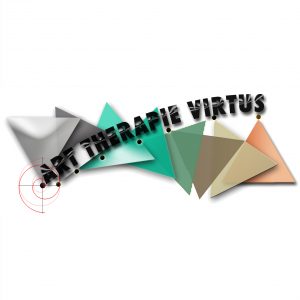
 Quelles images garderons-nous des années de guerre civile en Syrie ? Celles que nous livrent en boucle les équipes des chaînes tout-info ou celles des syriens « journalistes citoyens ». D’autres, moins connues, empruntent le langage universel du dessin animé. Peu vus, ces « petits » films réalisés par des artistes syriens qui ont majoritairement choisi l’exil, offrent un autre regard sur la Syrie ensanglantée.
Quelles images garderons-nous des années de guerre civile en Syrie ? Celles que nous livrent en boucle les équipes des chaînes tout-info ou celles des syriens « journalistes citoyens ». D’autres, moins connues, empruntent le langage universel du dessin animé. Peu vus, ces « petits » films réalisés par des artistes syriens qui ont majoritairement choisi l’exil, offrent un autre regard sur la Syrie ensanglantée.
ARTE Reportage, fidèle à sa volonté d’offrir la parole à ceux qui ne l’ont plus, a sélectionné quinze films animés réalisés depuis le début de la guerre. Ils racontent l’horreur et l’absurdité de ce conflit par ceux qui l’ont vécu au quotidien avant, parfois, d’être obligés de le fuir.
Cette collection a été réalisé avec l’aide de Creative Memory
Deux artistes syriens chassés par la guerre proposent leur vision d’un pays ravagé par le conflit.
Bissane Alcharif est architecte et scénographe. Il a 40 ans et vit à Paris.
Mohamad Omran est un artiste né à Damas en 1979 qui vit à Paris.

